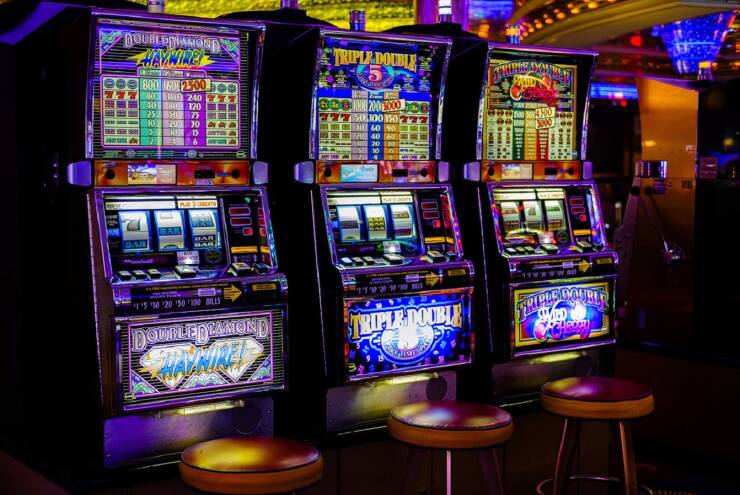Until quite recently, a staple of free bet offers on casino sites and other betting outlet was what’s known as free spins. They were almost always available alongside the meatier free bet offers available through most betting sites and online casinos but have disappeared more recently. Why is this the case? Well, the simple answer is they were outright banned by the UKGC—but why is this the case?

There are a few reasons, so let’s consider some of the most important.
⦁ They are not “free”
The simplest reason using the term ‘free spin’ has been banned is that the spins are not, in fact, free at all. These free spins are, almost always, the bonus feature of a particular slots game. As seen at the majority of Irish casino sites, free spins require more than just a “sign up”. In the terms and conditions, it will state that you need to unlock these free spins in some way or another—often by playing the slots up to 340 times.
Thus, you are staking a huge amount to unlock your free spins, and they are thus not free at all. This is a deeply misleading tactic to bring customers onto the site and signed up, and then discover they have to put in a lot of extra time to get their free spins. This is where the sunk cost fallacy comes in—they believe they’ve already put enough time into the game that they shouldn’t stop now, but should persist to their free spins, ultimately losing money in the process.
This feeds into a wider issue with what are called bonus buy slots.
⦁ Bonus buy slots
Bonus buy slots were a means by which customers could pay a fee on slots games to unlock the bonus features of that slots game. This fee is usually well over the staked odds, and gives players the illusion of control by allowing them to skip a queue to the bonus features. Sometimes, the cost was as high as 100 times the stake unit.
According to regulatory bodies, this encourages players to chase their losses, as well as encouraging players to increase the amount they decide to gamble with. Paying to unlock a feature certainly encourages extra spending, especially in those who have made losses and hope to find an easy way to recoup them.
In a lot of cases, the bonus feature of the buy slots and slots games were the free spins. But you would often pay a lot more to unlock them than you had any real chance of winning back.
In some cases, the cost of these bonus buy slots was as high as £3,000—plainly a great deal more than most people plan to bet with on a day-to-day basis. High figures encourage extremely damaging relationships to gambling.
The broader, social problem, and another reason these features were banned, is to do with addiction and problem gambling.
⦁ Vulnerable addicts
In the UK, around 260,000 people are reported problem gamblers or gambling addicts. On average, gambling addicts are up to £10,000 in debt before they seek help. There are a further 2.2 million that are at risk of problem gambling, for any number of reasons, from economic to personal. Clearly, the gambling industry in the UK has a huge problem with encouraging poor gambling practices.
Slot machines and similar games have been closely associated with this, as until recently, operators were not required to clearly display total winnings or losses during play.
Free spins, even if they were not so hard to actually unlock in the first place, encourage chasing losses for problem gamblers. As they stood before they were banned, they encouraged players to continue going and going to unlock their ‘free’ spins. Addressing problem gambling must include these practices.
So, in one sense, free spins were not outright banned as much as renamed. But that is not to trivialise the importance of such measures. Betting companies must be reigned in and regulated when it comes to their marketing tactics, and this kind of low-level deception has a huge impact on the issue of problem gambling and addiction. The move to regulate this kind of practice is good for consumers.


